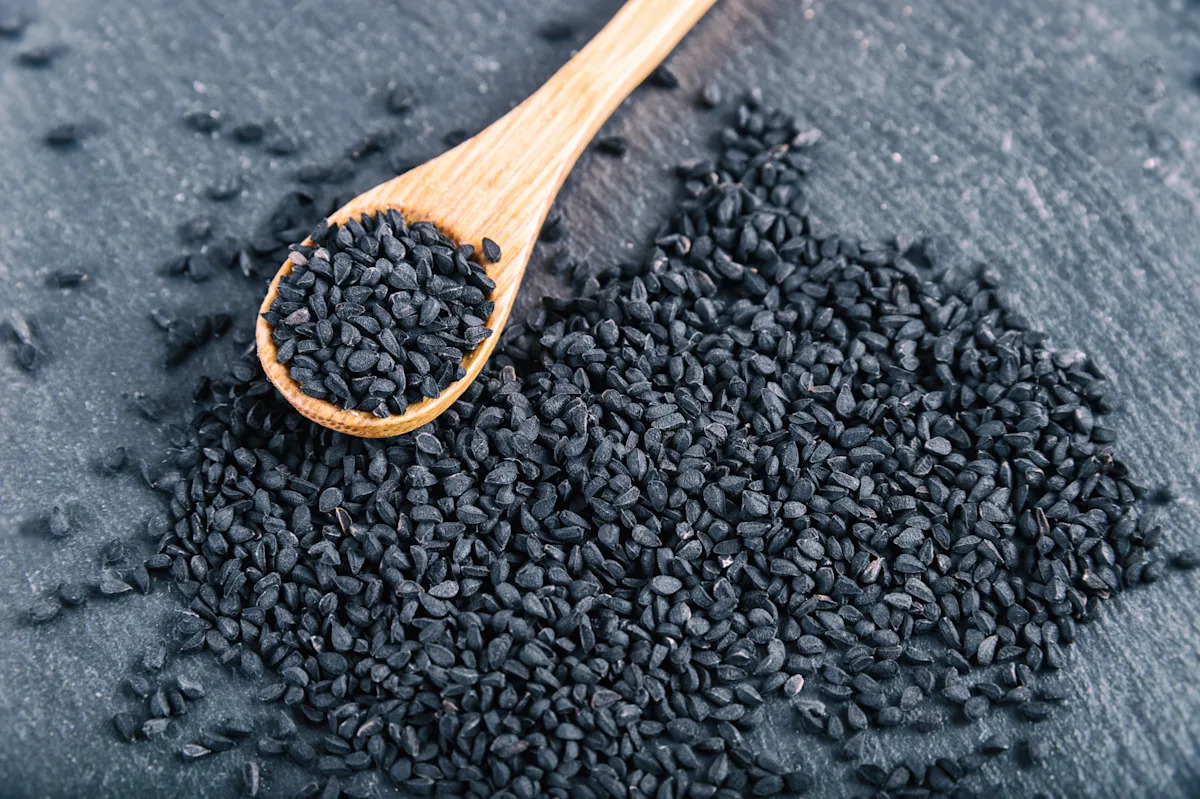Home / Health / Spice Secret: Black Cumin Cuts Cholesterol
Spice Secret: Black Cumin Cuts Cholesterol
20 Nov
Summary
- Black cumin seeds, also known as kalonji, show promise in reducing cholesterol.
- A daily tablespoon of black cumin powder significantly lowered LDL and triglycerides.
- Researchers suggest black cumin could be a functional food for preventing obesity.

High cholesterol poses a significant risk, contributing to a substantial portion of cardiovascular deaths. In the UK alone, over half of adults have cholesterol levels exceeding national guidelines, creating a widespread health concern. However, a humble spice, black cumin, also known as nigella seeds or kalonji, has emerged as a potential natural solution.
Recent research from Japan revealed that a daily intake of approximately one tablespoon of black cumin seed powder over an eight-week period resulted in marked improvements in blood lipid profiles. Participants experienced notable decreases in LDL ('bad') cholesterol and triglycerides, alongside an increase in HDL ('good') cholesterol, correlating with a reduced risk of heart disease.
Beyond its cholesterol-lowering capabilities, black cumin seeds boast antioxidant, anti-inflammatory, and antibacterial properties. They may also support liver health, prevent stomach ulcers, and help regulate blood sugar levels, underscoring their long-standing use in traditional medicine and their growing recognition as a beneficial functional food.



